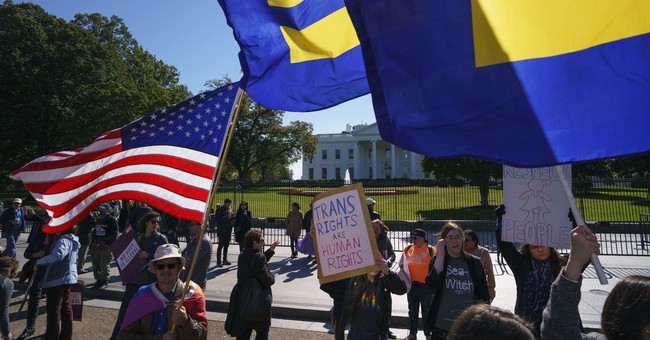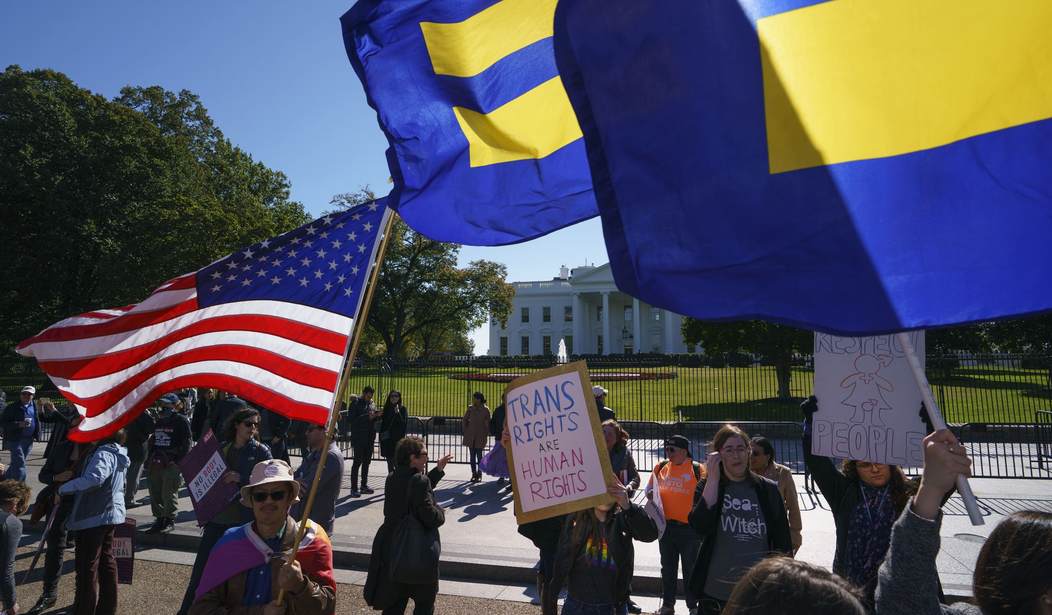
A prominent psychiatric journal has issued a correction about transgenderism, and the news is sure to snag lightning.
Last October, The American Journal of Psychiatry published “Reduction in Mental Health Treatment Utilization Among Transgender Individuals After Gender-Affirming Surgeries: A Total Population Study.”
The investigation — conducted by Dr. Richard Branstrom and Dr. John E. Pachankis — assessed the impact of gender-related cosmetic surgery on the mental health of those who identify as the opposite sex.
At the time, the Journal hailed a positive determination:
“[T]he longitudinal association between gender-affirming surgery and reduced likelihood of mental health treatment lends support to the decision to provide gender-affirming surgeries to transgender individuals who seek them.”
But now there’s a problem: As reported by The Daily Caller, an early-August correction states that the study’s conclusion — based on data from Sweden — was “too strong.”
Too strong, as in not right at all.
As per the correction, the authors were contacted with questions about their methods, which resulted in a re-examination:
Upon request, the authors reanalyzed the data to compare outcomes between individuals diagnosed with gender incongruence who had received gender-affirming surgical treatments and those diagnosed with gender incongruence who had not.
Wouldn’t that have been the whole point of the study to begin with?
Nope:
While this comparison was performed retrospectively and was not part of the original research question given that several other factors may differ between the groups, the results demonstrated no advantage of surgery…
So at first, they said, “Yes, it helps.” And now: “Doesn’t help.”
That’s quite the correction.
As it turns out, the subjects experienced no difference “in relation to subsequent mood or anxiety disorder-related health care visits or prescriptions or hospitalizations following suicide attempts in that comparison.”
Don’t stand too close to the new article, folks. The lightning’s on its way.
-ALEX
See more pieces from me:
Black Hollywood Actress Says She’s Afraid to Have Children Who May be ‘Hunted’ and ‘Slaughtered’
Find all my RedState work here.
And please follow Alex Parker on Twitter and Facebook.
Thank you for reading! Please sound off in the Comments section below.














Join the conversation as a VIP Member